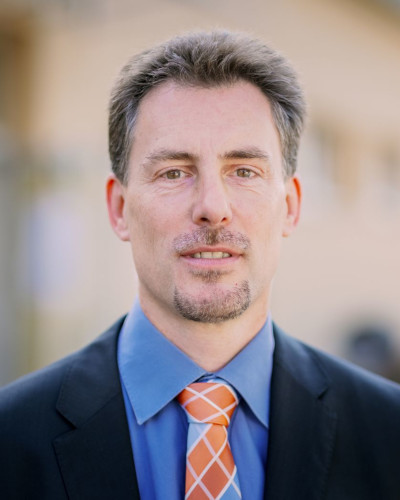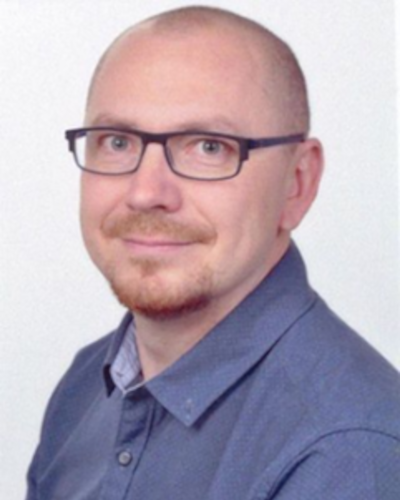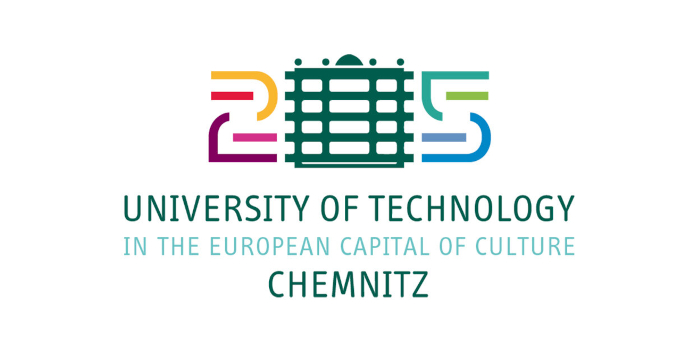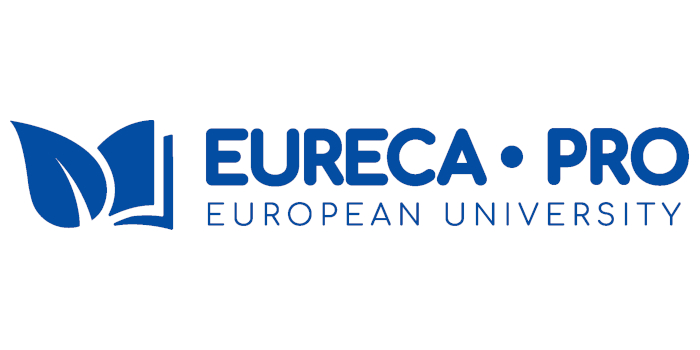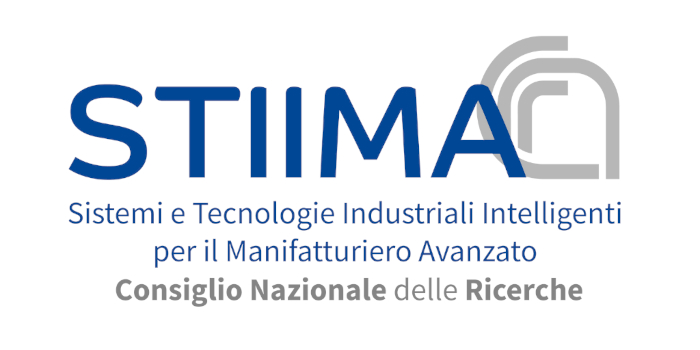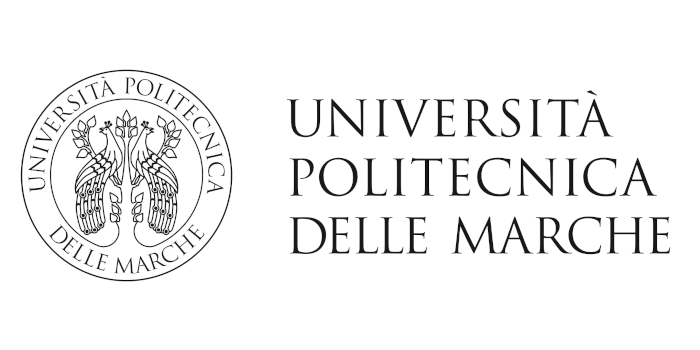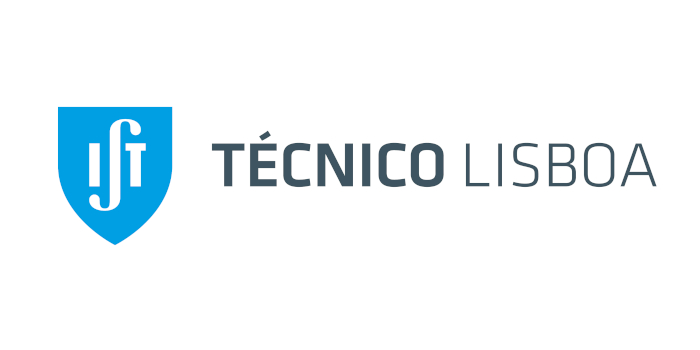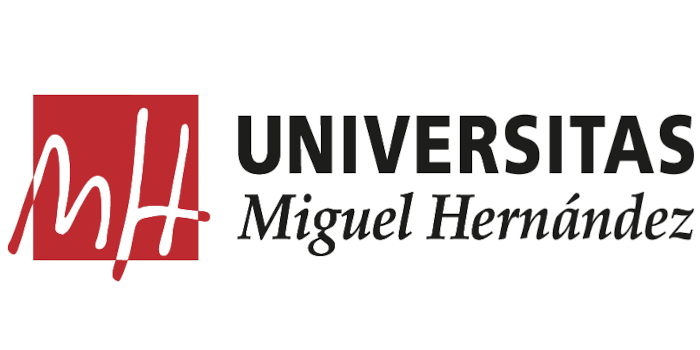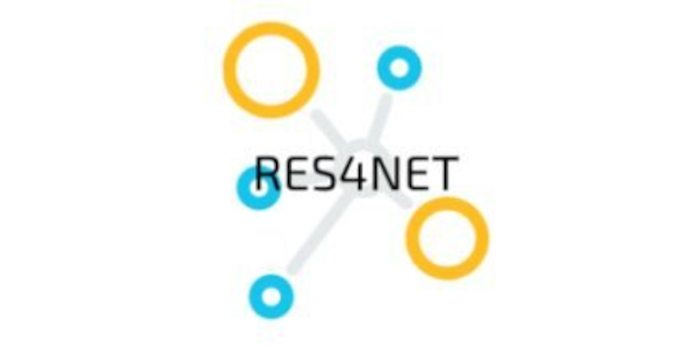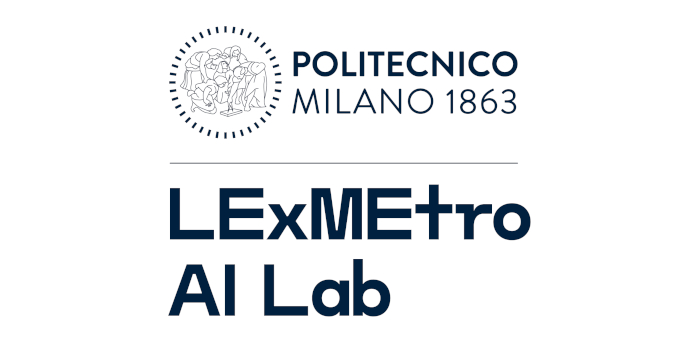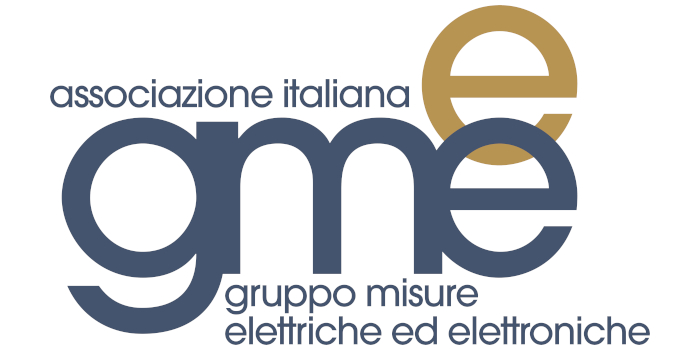THEMATIC SESSION #10
Data ecosystems of human, cobot and mixed reality
ORGANIZED BY
Leif Goldhahn
Mittweida University of Applied Sciences, Germany
Marco Gerlach
Mittweida University of Applied Sciences, Germany
THEMATIC SESSION DESCRIPTION
The increasing integration of collaborative robots (cobots) into industrial measurement environments introduces new opportunities for achieving reliable, precise, and flexible acquisition of geometric product attributes. This thematic session addresses emerging system architectures that combine cobots with mixed reality (MR) interfaces, intuitive programming paradigms, and data-centric workflows for the planning and operational staff. The session aims to explore how these elements can be orchestrated to enhance usability, operational efficiency, and transparency for industrial automation and personal assistance.
ABOUT THE ORGANIZERS
Professor Leif Goldhahn trained as a toolmaker, studied mechanical engineering and obtained his doctorate in engineering from Chemnitz University of Technology. He is Professor of Computer Aided Production, founder and director of the InnArbeit Institute – Centre of Innovative Process Planning and Ergonomics at Mittweida University of Applied Sciences. In recent years, the Training Plant 4.0 has been developed as a complex test field, as well as the new Virtual Reality Laboratory and the Living Lab ‘Hybrid Work Systems’. Professor Goldhahn and his team conduct research in the areas of process planning, rationalization of manufacturing processes/work organization and ergonomics/knowledge management. He coordinates the joint research project ‘PerspektiveArbeit Lausitz (PAL) – Competence Centre for the Work of the Future in Saxony and Brandenburg’ with 32 partners from science, industry and society.
Professor Marco Gerlach studied mechanical engineering with a focus on manufacturing metrology and quality assurance and earned his doctorate (Dr.-Ing.) at Chemnitz University of Technology. He is a Professor of Digital Manufacturing and Quality Monitoring at Mittweida University of Applied Sciences. His core areas of expertise include Geometrical Product Specification and Verification within the field of manufacturing metrology, for which he serves as a member of the national standardization committee of DIN (NA 152-03-02). In recent years, he has developed a demonstrator for geometric measurement using a collaborative robot to support worker self inspection.

